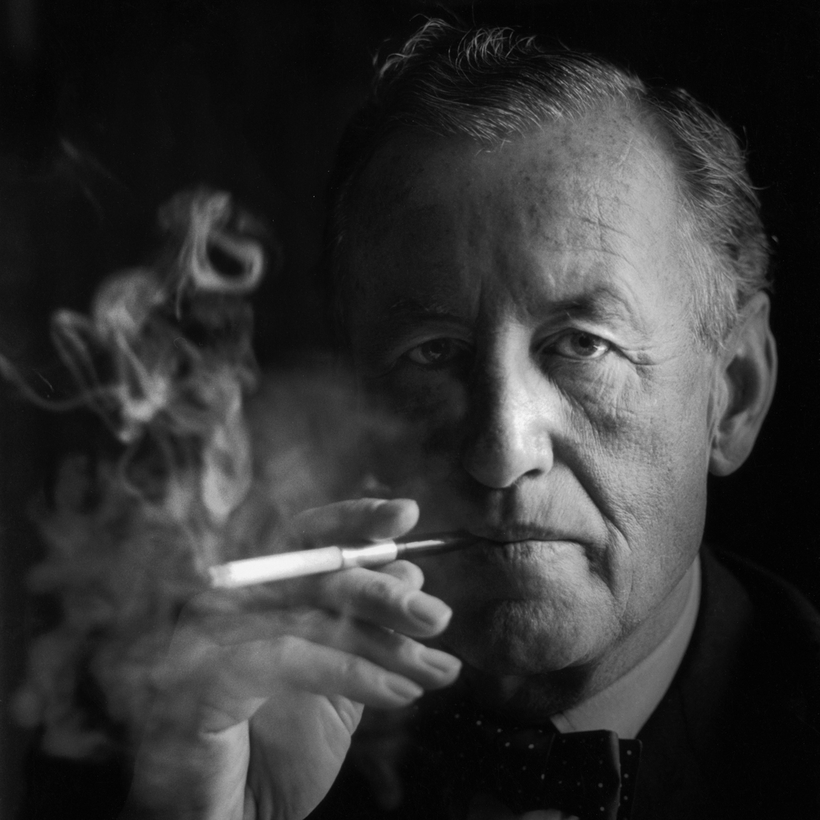Talk of the Devil: The Collected Writings of Ian Fleming―Wartime Experiences, Espionage Reflections, and Travel Narratives from the Creator of James Bond by Ian Fleming
We tend to forget that Ian Fleming was a moonlight author, whose first novel, Casino Royale (1953), was published at the relatively advanced age of 44. As foreign-news manager at The Sunday Times, in London, from 1945 to 1962, Fleming had a busy day job. But he also had it written into his contract that he could spend two months of every winter on vacation in his beloved Jamaica. It was during one of these holidays that Fleming, nervous about the prospect of getting married for the first time, decided to write Casino Royale.
“The book had to be a thriller because that was all I had time for in my two months’ holiday and I knew there would be no room in my London life for writing books.”


